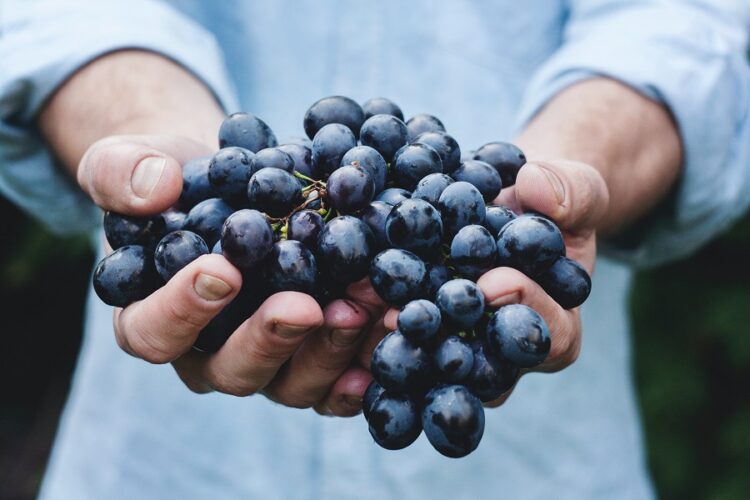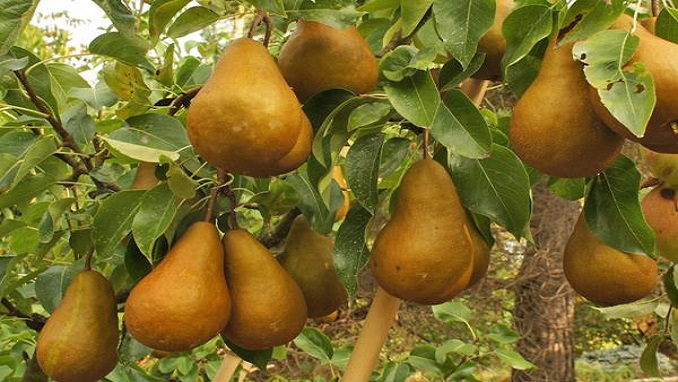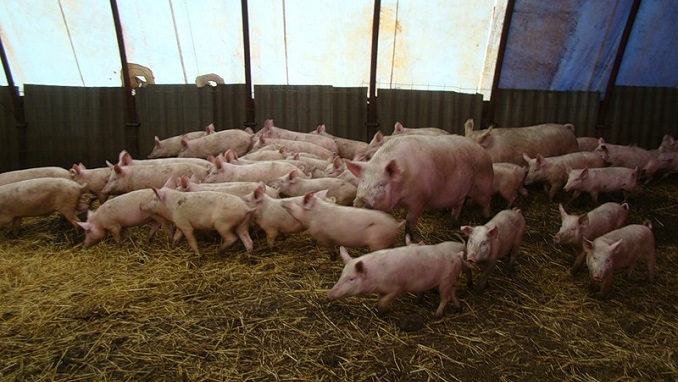According to reports, the European Union has increased its exports of agri-food items over the last year. By the year 2020, the EU was expected to rank among the top exporters of agri-food products globally.
Fine food exports from Europe include things like pasta from Italy, wine and meat from France, and confections from Germany.
However, these items are not exclusively made from raw agricultural resources imported into the EU; in fact, the EU has overtaken the US and China as the world’s third-largest food importer, with up to 40% of its agricultural imports consisting of unprocessed vegetable products, according to Eurostat.
In light of the conflict in Ukraine, immediate action must be made to avoid a worldwide food crisis. However, special groups have been exploiting the conflict as an excuse to weaken EU environmental regulations with justifications that are merely a reiteration of the age-old fallacy that Europe “feeds the world.” According to WWF research, these statements are flawed and misconstrued.
According to the new analysis, the EU’s food imports and domestic food production are essentially unsustainable since they degrade natural resources, contribute to global deforestation, and decrease fish supplies globally. Additionally, up to 40% of the food produced in the EU is never consumed, and this wasteful behavior has a significant negative impact on our climate and biodiversity.
EU food exports are mostly processed and marketed to richer customers, although the EU imports substantially more raw food goods than it does. Although the EU is regarded as a top exporter of agri-food goods, this does not necessarily mean that the EU has achieved internal food security.
The primary focus of the EU’s food policy is most likely not going to be on expanding the food supply, but rather on radically altering consumption and waste habits.
According to the WWF, the typical EU resident wastes more than 173 kilograms of food per year. Furthermore, 15% of food is lost or squandered right away after harvest.
While the EU appears to be self-sufficient in terms of the agricultural sector, a quick study shows that self-sufficiency has considerably more to do with daily consumption than it does with an assessment of export sales.
Over time, both companies and consumers will be forced to alter their patterns of consumption and waste due to growing fertilizer and transportation costs as well as limitations in the food supply.
Given the rising cost of food, consumers will need to reduce food waste on a household level. On an industrial level, food manufacturers will need to review where the raw ingredients are coming from and how to use and preserve more food.
In the lack of a viable alternative, it is becoming more and more typical that only the wealthy have access to fresh food. The fact that fertilizer is becoming a costly product for farmers, particularly without government subsidies, emphasizes this assertion.
Imported fertilizer will increase the cost of food production when added to the usual production costs, making access to fresh food even more difficult for specific communities.



